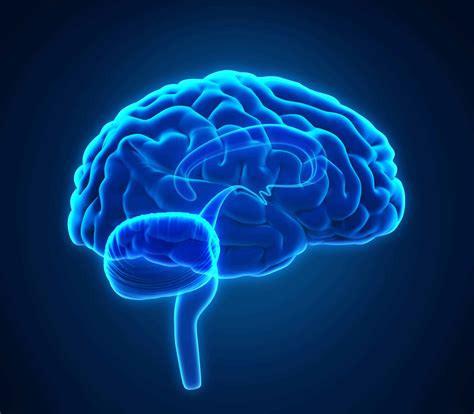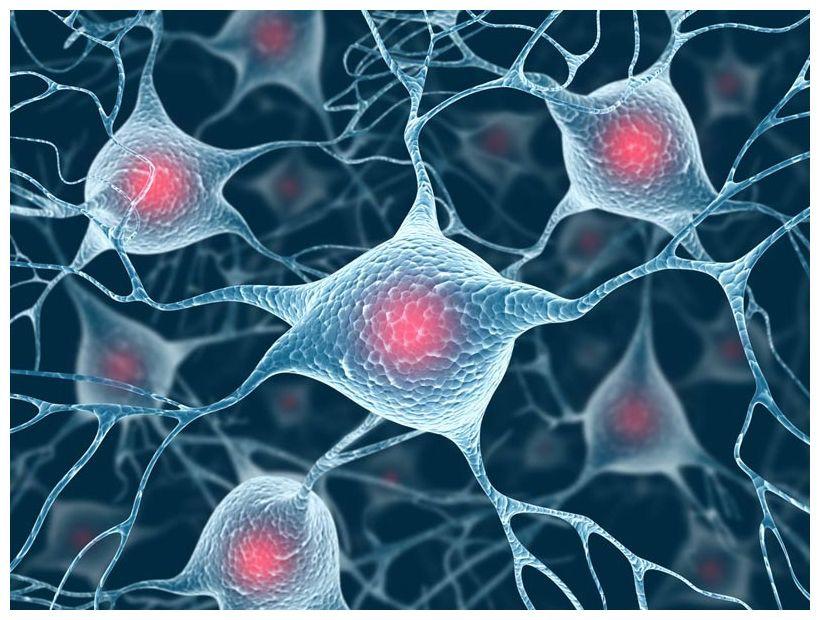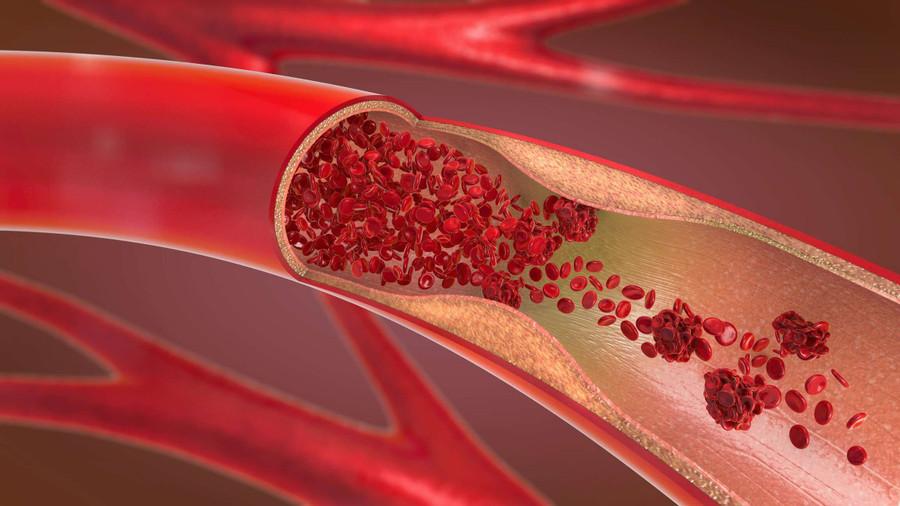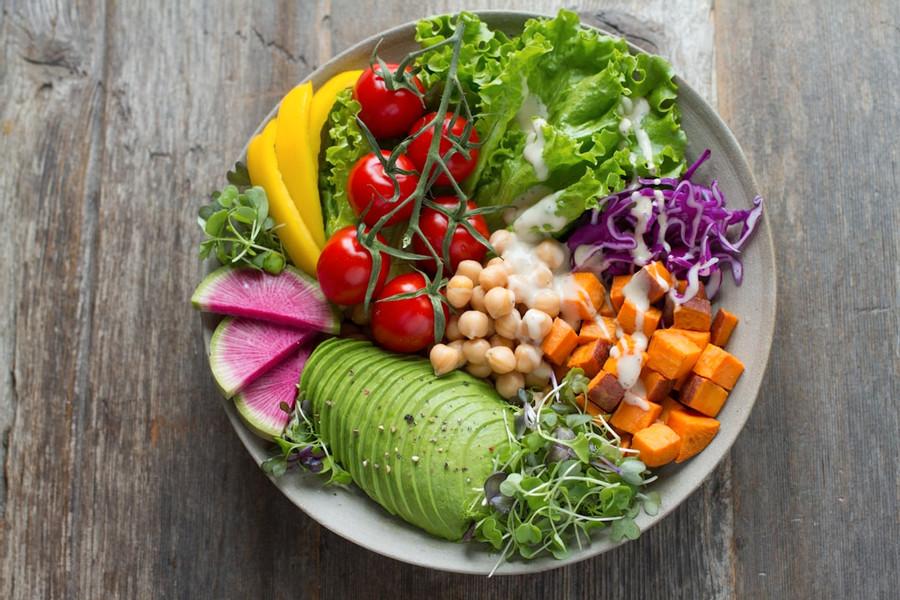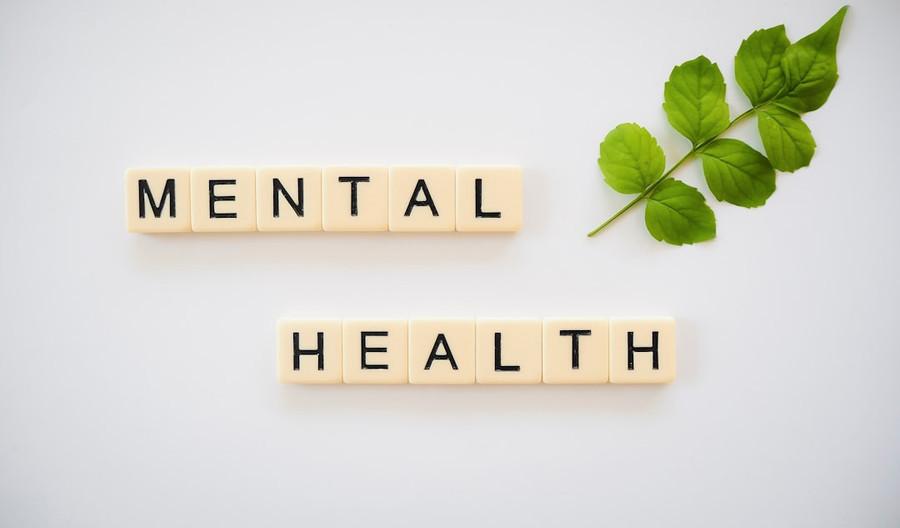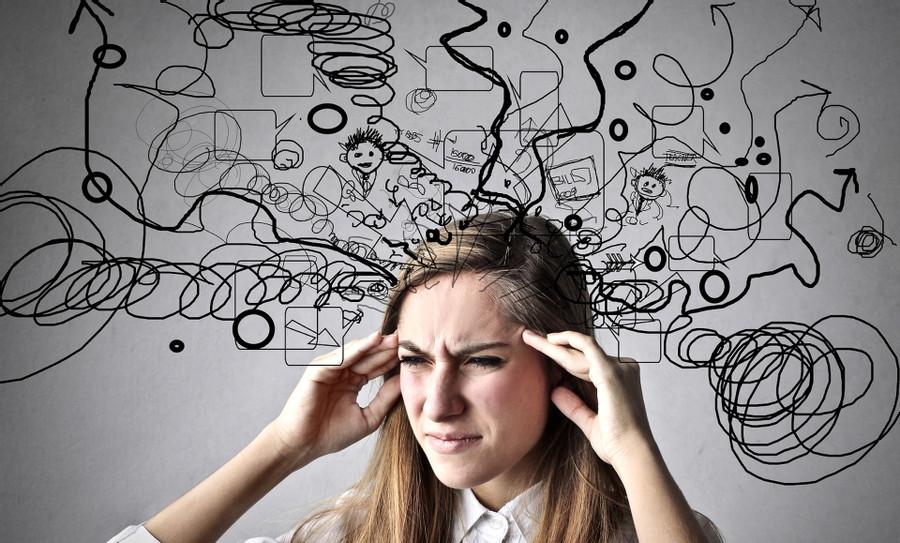Explore the World's Best Ideas
Join today and uncover 100+ curated journeys from 50+ topics. Unlock access to our mobile app with extensive features.
Key Takeaways From The Book
- The brain is both complicated and necessary for human survival.
- Brain growth is aided by good blood circulation throughout life.
- Berries and shellfish have been shown to protect the brain from cognitive deterioration.
- A happy brain is well hydrated.
- Your mind will be healthier and stronger if you give it a mental workout.
- Breathing exercises assist you in overcoming stress.
- Negative thoughts cause the brain to rewire itself — for the worse.
452
4.84K reads
Defining The Brain: A Primer
Descartes, a French philosopher, compared the human brain to a hydraulic mechanism. Scientists later compared it to a telephone. It was also compared to a computer later on.
Kristen Willeumier, an American neuroscientist, compares the brain to a high-performance sports vehicle. If you want your brain to run smoothly, you must provide it with regular maintenance and high-quality fuel.
Of course, the brain isn't a machine. It is fueled by blood and sugar; it thrives when hydrated and shrivels when dehydrated. However, the metaphor is valuable.
393
3.34K reads
The Brain Is Both Complicated and Necessary for Human Survival
Hundreds of billions of messages are transferred between brain cells known as neurons every second. This neural activity produces real electricity, enough to light a low-wattage light bulb. If you give it 70 hours, your brain will be able to charge a smartphone.
The brain also retains a large amount of information. It has the equivalent of 2.5 million gigabytes of digital memory on average. You could watch TV for three centuries if all that storage space was eaten up by recordings of television shows.
395
2.84K reads
The Most Intricate Object In The Galaxy
There are 100 billion neurons in the adult brain. Each of these brain cells is linked to around 10,000 additional cells. Synapses are gaps in the network that allow neurons to transfer or convey messages to one another. There are approximately 100 trillion unique connections between neurons in total.
That's more than 1,000 times the number of stars in our galaxy, to put it in context.
The brain is the "most intricate object in the known cosmos," according to scientist Michio Kaku.
398
2.58K reads
Beyond The Five Senses
The external world is sensed by the eyes, ears, noses, and tongues, but the brain is in charge of what you see, hear, smell, and taste. The spinal cord, the second component of the central nervous system, transmits this information from the body to the brain (the first component is the brain itself). New messages are generated once this information has been processed, allowing your body to undertake conscious and unconscious processes.
Our brain is an essential tool, which is why you must take care of it. It operates best when it's kept clean, sharp, and well-honed, just like a knife.
388
2.24K reads
Good Blood Circulation
Scientists previously believed that lost cells could not be replaced, however, new neuroscientific research contradicts this belief. Adults continue to develop new brain cells long into their sixties, seventies, and even eighties, according to new research. That doesn't happen on its own, though; you must assist in the process.
The main point is this: Brain growth is aided by good blood circulation
401
2.37K reads
Go Walking
Adequate circulation is essential for cognitive function and overall wellness. If you're experiencing brain fog or difficulty concentrating, inadequate circulation likely is to cause.
Take a walk: Exercise has been linked to increased creativity and the creation of new ideas because short bursts of movement increase blood circulation to the brain. Do your brain a favour and take a brisk walk around the block or around your workplace the next time you hit a mental snag.
Make sure you're sitting up straight with your shoulders back and your neck long when you return to your workstation.
410
2.04K reads
A Rich Diet
Dementia affects one out of every 10 persons over the age of 65, according to the World Health Organization. This equates to about 50 million people worldwide.
The problem is escalating as well. As the world's population ages, that figure is expected to triple by 2050.
The Solution: Consume plenty of veggies and legumes, whole grains over processed carbohydrates, and dairy, meat, and sugar in moderation. When you add nuts, seeds, and olive oil to the mix, you've got a diet that'll benefit your general health.
410
1.95K reads
Fat Is Actually Good
Given that the brain is 60 per cent fat, it's no surprise that dietary fat plays a role in cognitive function. Myelin sheaths, a layer of insulation around nerve fibres that allows neurons to carry signals rapidly and effectively, are made mostly of fat in the brain. Getting plenty of marine omega-3 fatty acids is the greatest method to safeguard this area of your brain. Two servings of "oily fish" and seafood each week, such as salmon, tuna, trout, mussels, oysters, herring, mackerel, or sardines are recommended.
403
1.89K reads
A Happy Brain Is Well Hydrated
Like a high-performance sports car, your brain needs high-octane fuel to function correctly. Of course, it is water, not gasoline, that keeps your neurons working.
This is due to the fact that the brain is 75 per cent water by weight. It must remain at that level in order to perform efficiently. Water loss of even 1% of your body weight is like putting sand in the wheels – it clogs everything up. What's the end result? Fatigue, a loss of focus, and slower reaction times are all symptoms of this condition.
399
1.75K reads
Just Drink Some Water
Even if you don't live in a hot and humid area, you should drink enough water.
Even while you’re resting in a climate-controlled environment, your body expends a lot of water. Every day, you lose one cup of water simply by breathing. In urine and faeces, another six cups are excreted. Two glasses are added to the total due to perspiration.
When you don't replace the water you lose, your brain suffers. Mild dehydration causes fatigue and mental fog. Chronic dehydration can cause dizziness, short-term memory loss, irritability, splitting headaches, and blurred vision, among other symptoms.
402
1.68K reads
Mental Workouts
Muscles change as a result of training. Lifting weights increases biceps size, swimming improves abdominal strength, and jogging increases quadriceps size.
Although the brain is not a muscle, it may be trained. Give your grey matter a good workout, and it will grow in strength. This can happen in a variety of ways.
Training on a regular basis rewires the brain, forming new connections between different areas of the neural network. That's what neuroplasticity is all about. Neurogenesis, or cell proliferation, is also aided by exercise.
395
1.75K reads
Stories And New Words To Learn
Reading long-form narrative fiction enhances all three types of intellect. This is because it works on multiple "muscles" at the same time. It expands your knowledge base, invites you to solve riddles, and teaches you to see the world through the eyes of others.
To improve memory, picking up a new word every day is your best bet. Learning words work the sections of your brain involved in visual, auditory, and memory processing, therefore having a big vocabulary is connected to higher cognitive efficiency.
406
1.72K reads
Create New Brain Cells
Your hippocampus produces new neurons when you create stories, poetry, melodies, love letters, or journal entries. That's because creative pursuits force your brain to come up with fresh words and concepts. The tension, like lifting weights, indicates that your brain is working hard.
411
1.92K reads
How Stress Eats Your Mind
When you're anxious, your brain produces biochemicals that are both physical and metaphorical survival tools. Adrenaline, for example, enables you to outrun predators and defend yourself against attackers. It's also what motivates you to work late at night to fulfil tight deadlines.
Stress, on the other hand, can be harmful to your health. It depletes your brain's cognitive abilities, stripping you of the tools you need to master obstacles.
384
1.69K reads
Breathing Exercises Assist You in Overcoming Stress
Deep breathing quickly reduces cortisol levels and lowers your heart rate and blood pressure, allowing you to transition from crisis to calm in seconds. The best part is that it is simple to learn.
Close your eyes and place one hand on your stomach and the other over your heart to begin. Now take a deep breath through your nose and count to six while bringing the air down toward your stomach. Hold this breath for three counts before slowly exhaling while counting to six. Open your eyes and appreciate your new and calmer view of the world after five to ten repetitions of this exercise.
402
1.46K reads
Negative Thoughts
Every day, we have approximately 60,000 thoughts, the majority of which are negative.
When they were asked to keep track of their thoughts, however, it was discovered that 60 to 70% of them were negative. According to follow-up research, that number could be as high as 90%.
Negative thoughts build negative brain pathways, and positive thoughts create positive neural pathways.
Negative thinking has also been linked to the shortening of protective caps called telomeres at the ends of chromosomes. The shorter this cap is, the more quickly the cells will age.
402
1.53K reads
Record Your Thoughts
Keep a notebook and write down as many thoughts as you can, particularly those that cause you to shift your attitude. Reread your journal after a week and look for patterns. Are you convincing yourself that you'll always be alone or that you'll never get a new career, for example? Do they happen in specific situations, such as at work, or with specific people, such as select friends?
Write down all the reasons why a typical negative thought could be accurate once you've identified it. Now make a list of all the reasons you think it's wrong.
400
1.44K reads
Keep Bad Thoughts At Bay
Negative thoughts lose their sting when approached in this rational way. It's not always reality that brings you down; more often than not, it's an emotional overreaction.
Remember that the next time one of those nagging thoughts crosses your mind, and you'll start to feel a lot better about things!
394
1.78K reads
IDEAS CURATED BY
CURATOR'S NOTE
The brain is not a machine or an organ. It's the entire universe in itself.
“
Vanilla Eyes's ideas are part of this journey:
Learn more about books with this collection
How to create a productive environment
The importance of self-care in productivity
How to avoid distractions
Related collections
Different Perspectives Curated by Others from Biohack Your Brain
Curious about different takes? Check out our book page to explore multiple unique summaries written by Deepstash curators:
8 ideas
Gabriela G.'s Key Ideas from Biohack Your Brain
Kristen Willeumier
Discover Key Ideas from Books on Similar Topics
2 ideas
Smarter Tomorrow
Elizabeth R. Ricker
12 ideas
Keep Sharp
Sanjay Gupta
10 ideas
#133 Andrew Huberman: The Science of Small Changes
The Knowledge Project
Read & Learn
20x Faster
without
deepstash
with
deepstash
with
deepstash
Personalized microlearning
—
100+ Learning Journeys
—
Access to 200,000+ ideas
—
Access to the mobile app
—
Unlimited idea saving
—
—
Unlimited history
—
—
Unlimited listening to ideas
—
—
Downloading & offline access
—
—
Supercharge your mind with one idea per day
Enter your email and spend 1 minute every day to learn something new.
I agree to receive email updates
